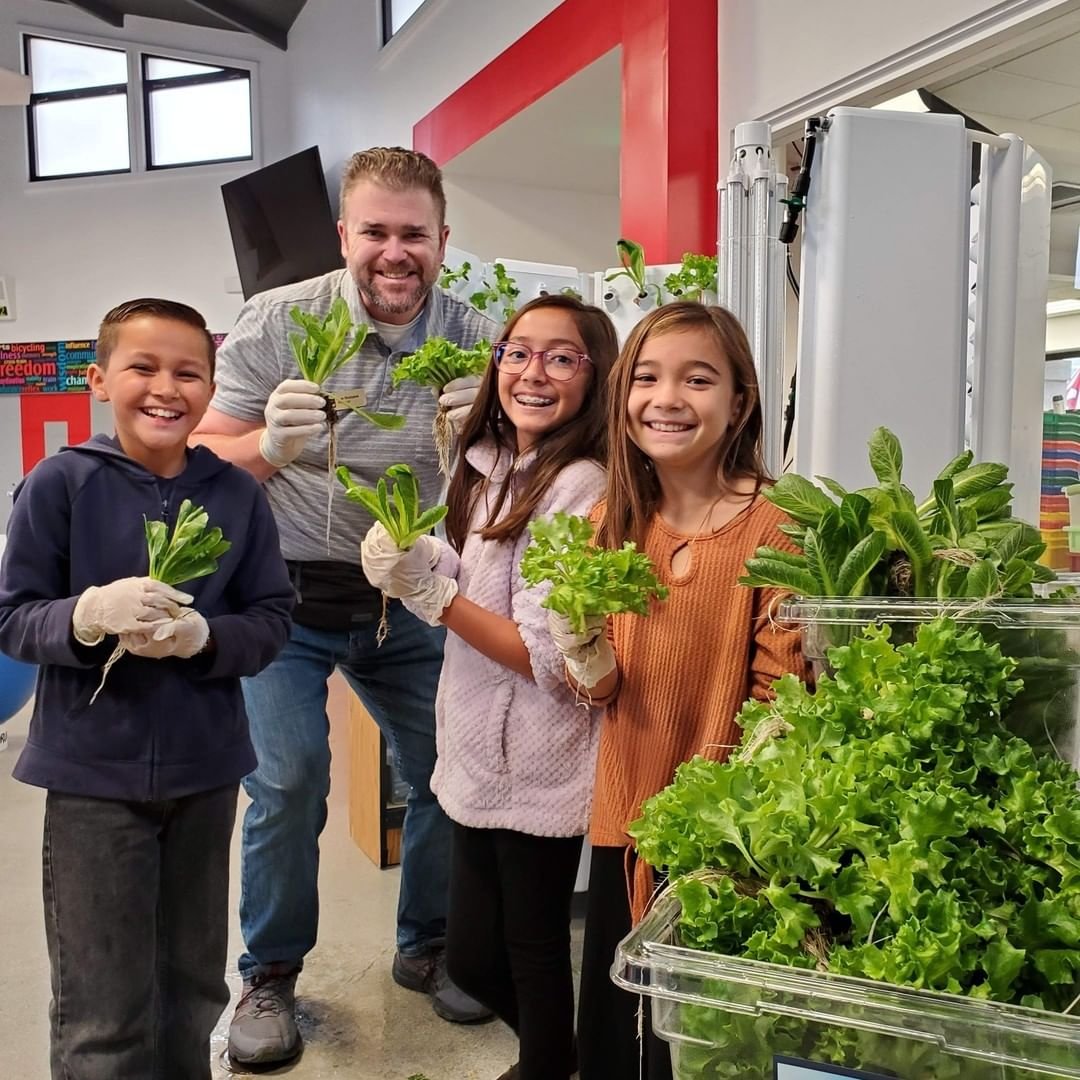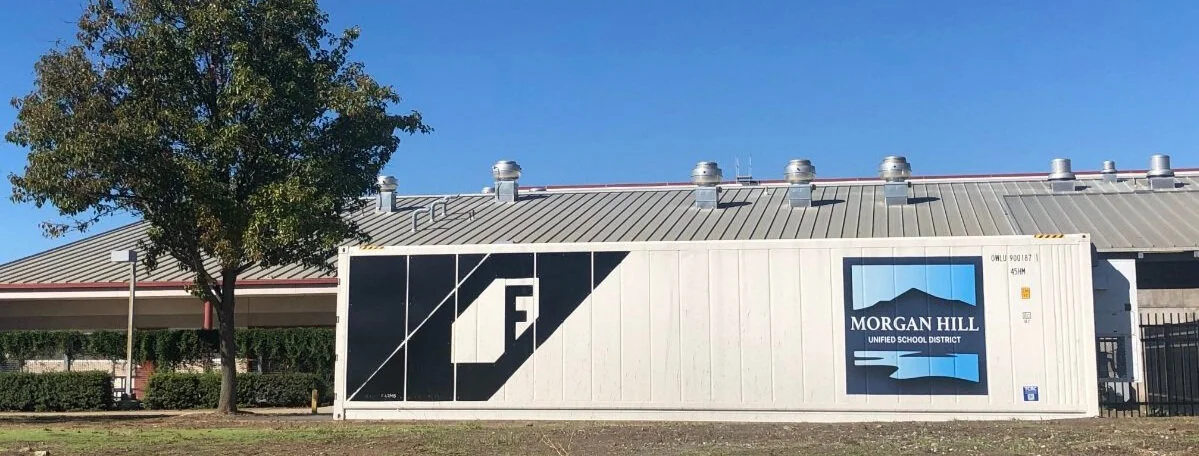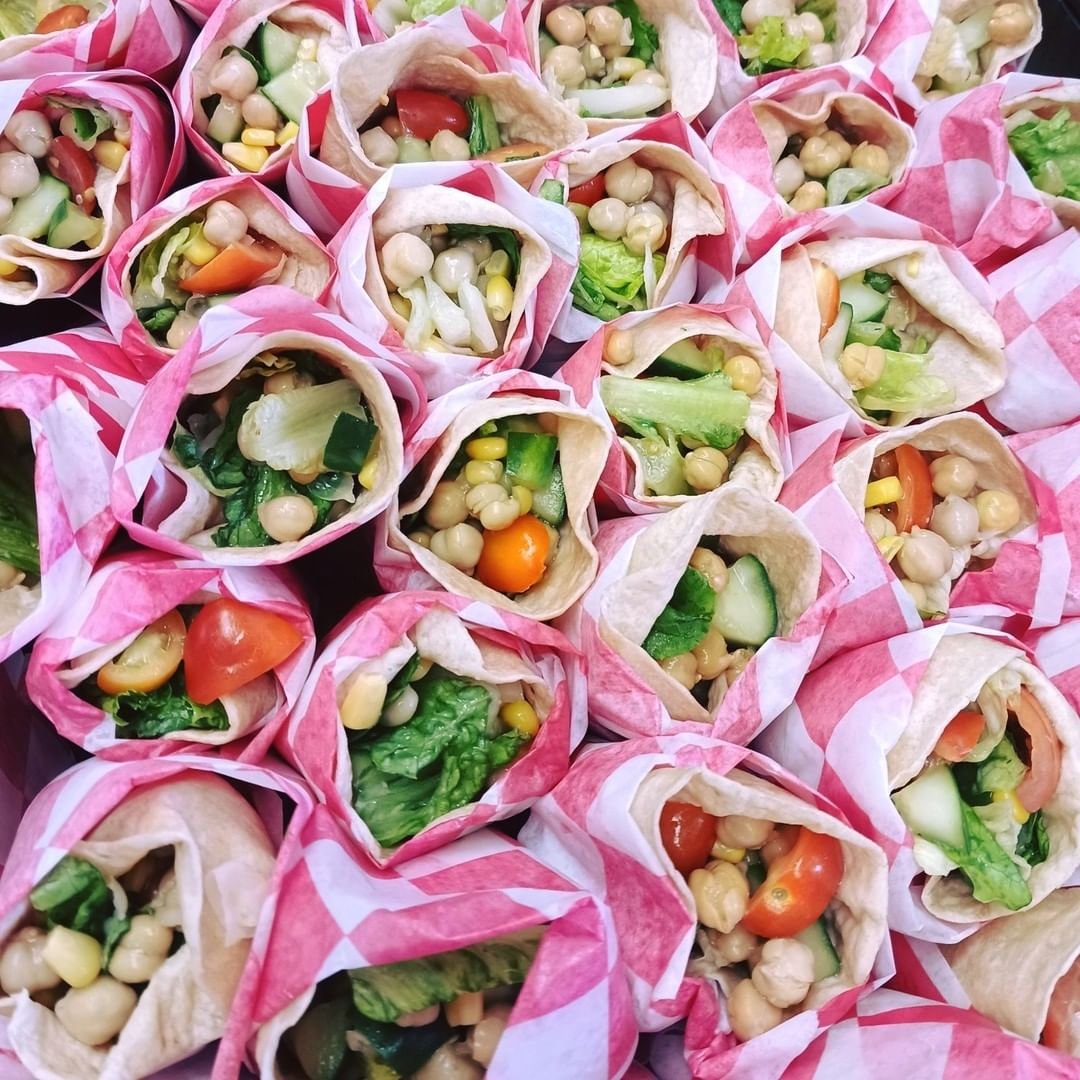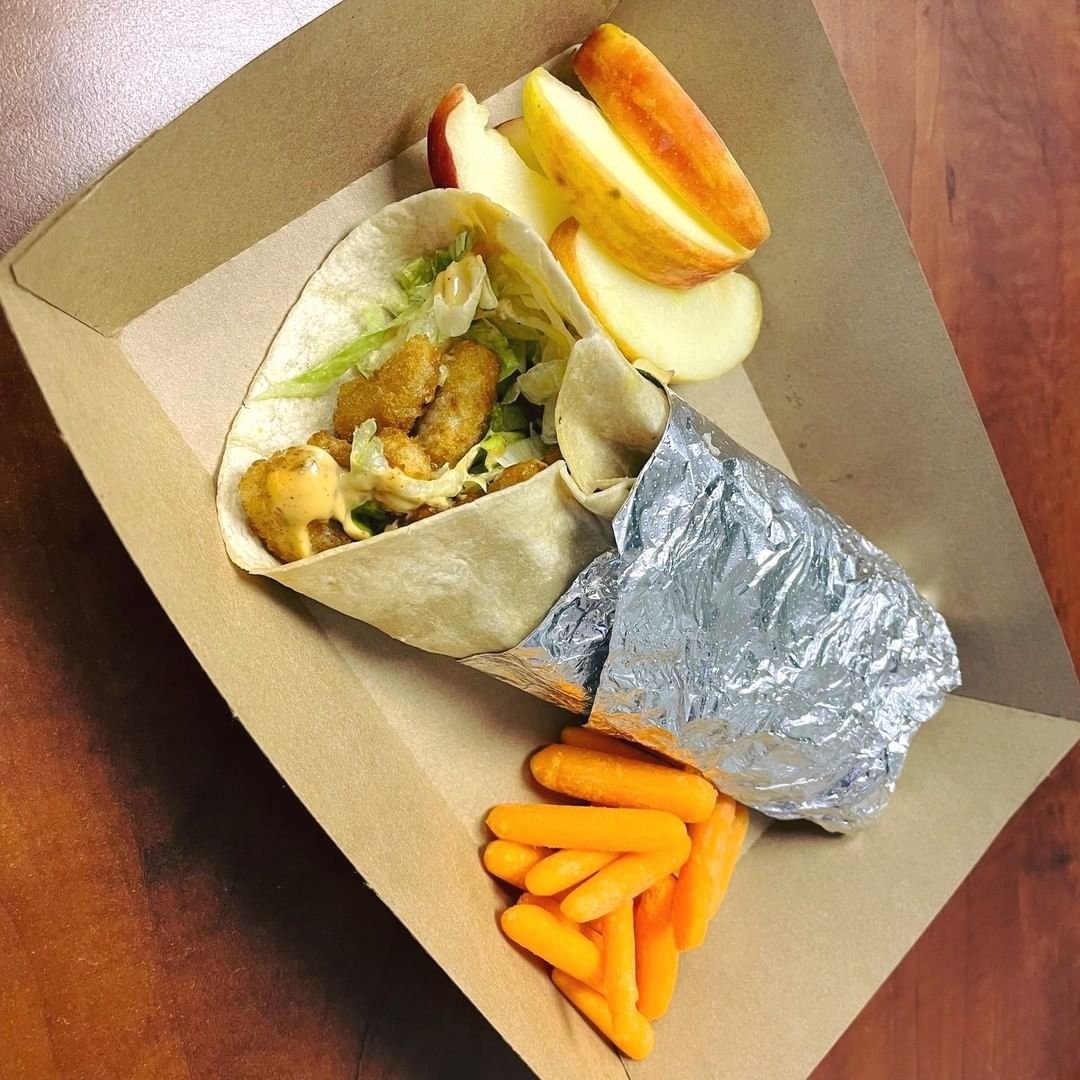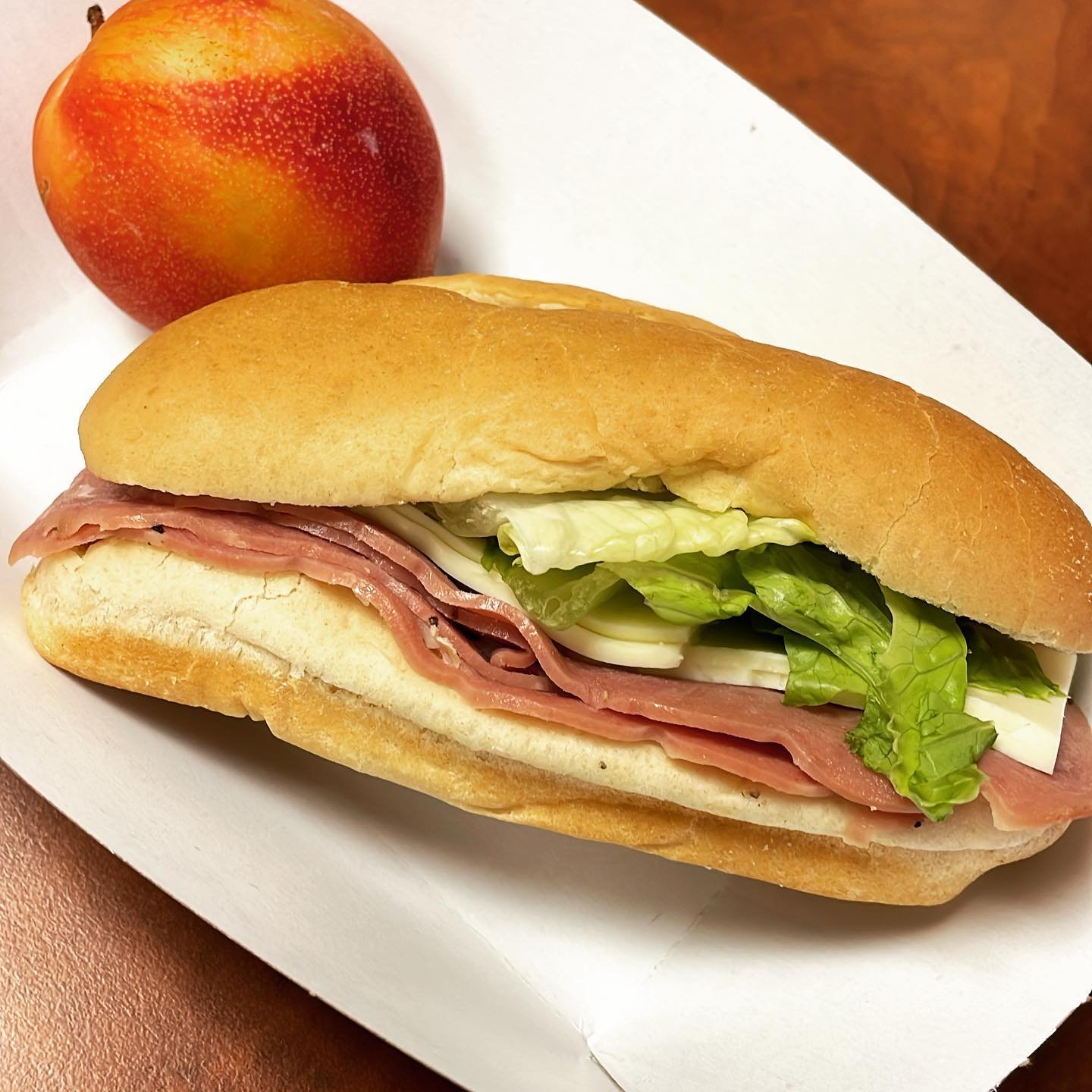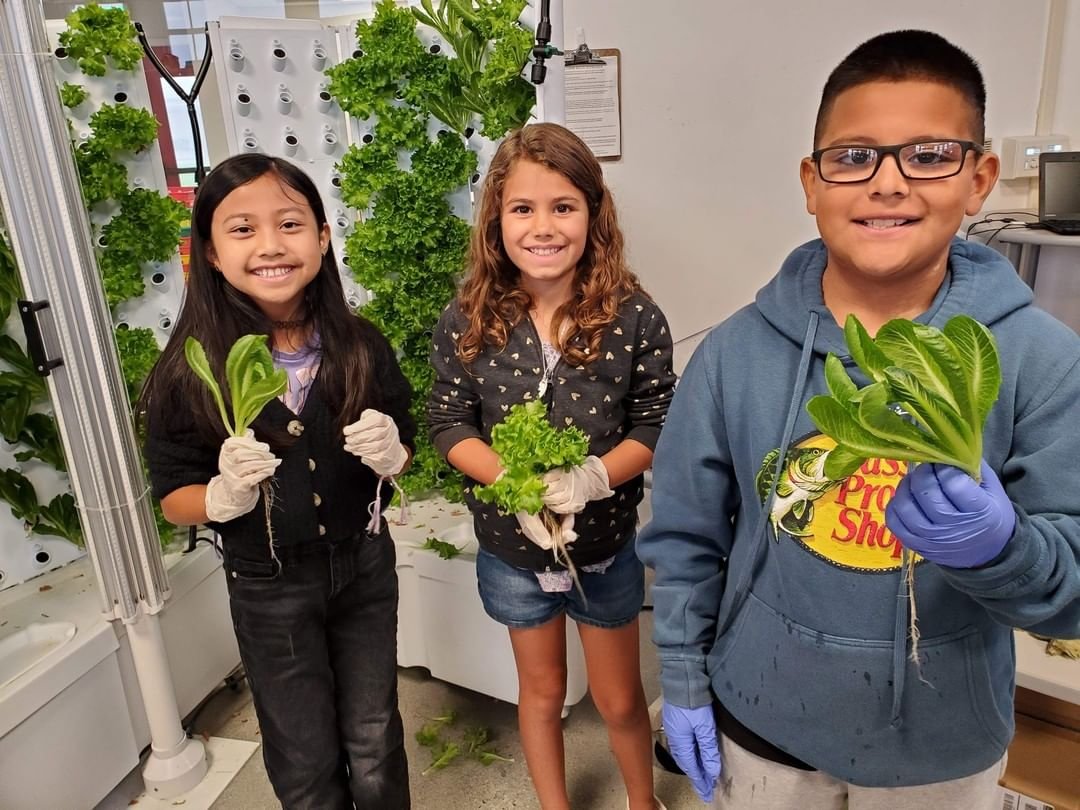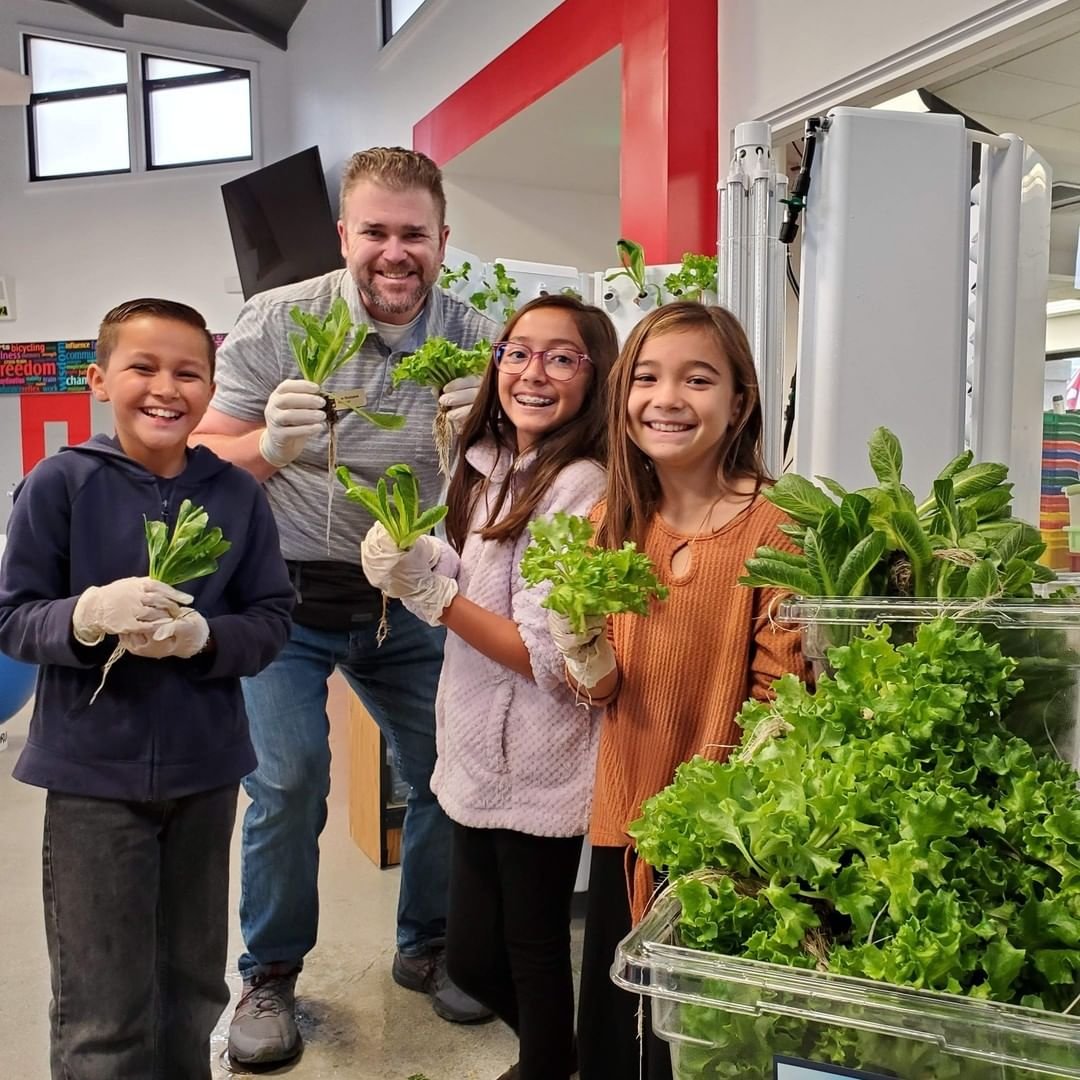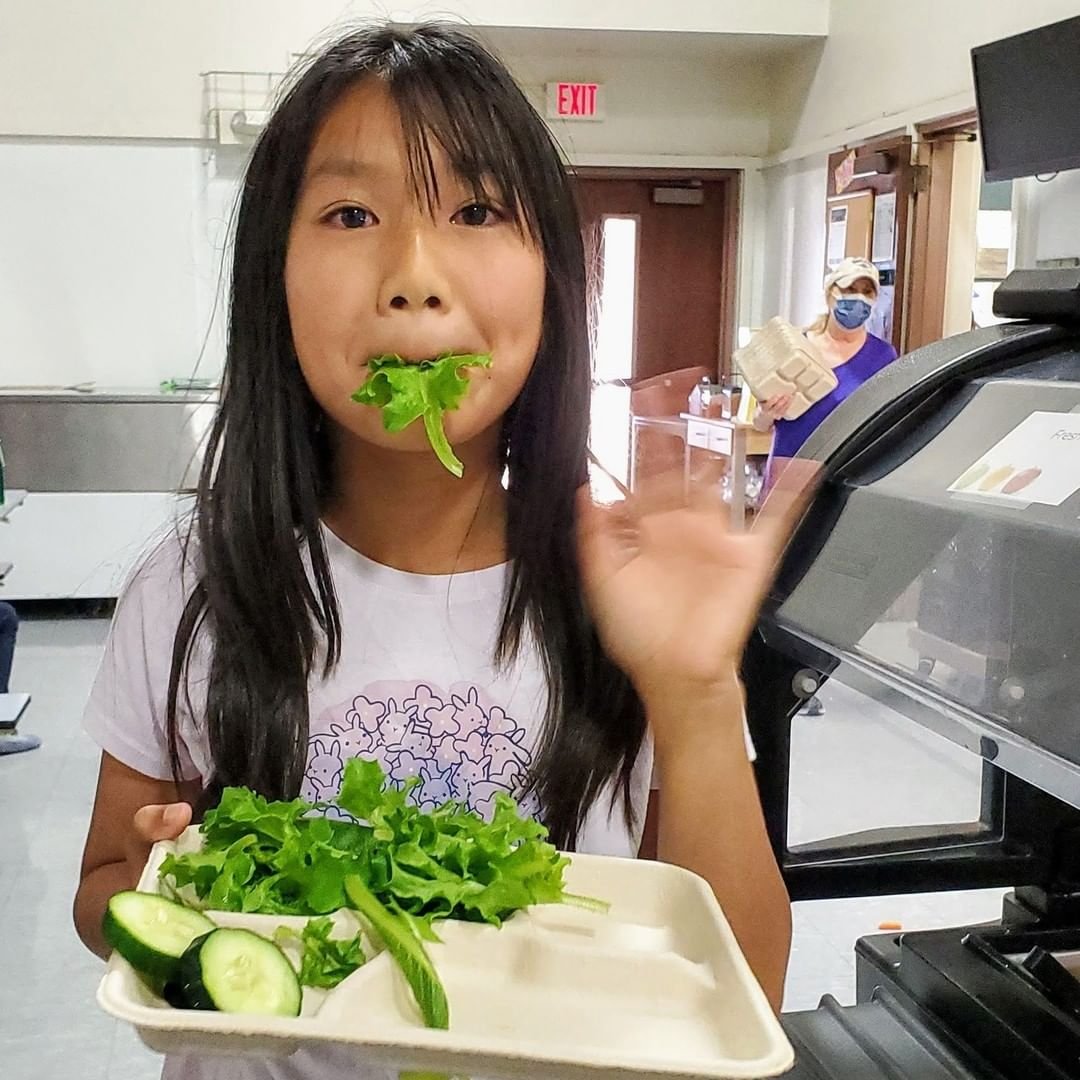Morgan Hill Unified School District
Morgan Hill, California | EST. 2021
Farmers
MHUSD School Nutrition Department
Model
School farm
No. of Farms
Two
Area Served
Morgan Hill Unified School District
Main Crops
Lettuces
Farm Model
Greenery™ S
Morgan Hill Unified School District
Morgan Hill Unified School District (MHUSD) is embracing technology at its schools to provide students with astoundingly fresh meals. Championing this initiative is Michael Jochner, MHUSD’s Nutrition Director.
Jochner first encountered Freight Farms when he was a Bon Appetit Executive Chef at Google, which has an early Freight Farm model, the Leafy Green Machine, on its corporate campus. When he moved to MHUSD, he saw the potential of hydroponic farms at schools. He convinced the school district to purchase one container farm in October 2021, seeing it as proof positive that schools could operate their own hydroponic farm and funnel the produce into the school nutrition program. One year later, the project has so much support from the school district that they purchased a second Greenery S farm.
“Our Freight Farm is innovation in action! We envision a powerful and environmentally friendly path forward that accelerates our district’s respect for the environment while at the same time providing delicious and nutritious meals for our students. It’s a true win-win and a model of sorts for others to emulate.”
“Our Freight Farming program really lends to a great experience for our students ... by bringing some of the freshest produce possible to our students’ nutrition every single day.”
Farm to School
MHUSD serves some 8,400 students. With just one Freight Farm, the Nutrition Department is able to grow 60% of the lettuce heads needed for the entire district. With their second farm, they hope to grow 100% of the lettuce they need, with room to grow additional produce, as well. Their hydroponic lettuce is soon to be joined by tomato and cucumber grown in an onsite 40-foot hydroponic greenhouse.
In the schools, different age groups are served the lettuce in different ways. At the high schools, cafeterias serve chef’s salads — carefully crafted salads like Sobrato’s red Caesar and chipotle ranch chicken salad. Cafeterias at the middle schools serve prepared salads. Elementary schoolers can pick out their lettuce and preferred toppings at a salad bar. Lettuce is also folded into gourmet school meals like pastrami sandwiches, Richardson’s Ranch beef burgers, crunchy shrimp wraps with lettuce and chipotle ranch dressing, garbanzo wraps, and carnitas burrito bowls.
“I’m going to find the most high-tech way to grow the most salad bar items, and then introduce regenerative farming practices to show students that farming can be cool.”
A Historic Farming Community Abutting High-Tech
Morgan Hill, located in Santa Clara County, California, is a historic farming community at the southern tip of Silicon Valley. It’s the perfect place for agricultural technology like a hydroponic farm, with an active FFA chapter, a background in farming, and proximity to an epicenter of technological advancement.
To start, MHUSD used their Freight Farm solely to provide produce for the district’s school cafeterias. However, now that they are one year into growing, Jochner hopes to begin inviting students to discover the hydroponic farm beyond just tasting the lettuce!
MHUSD recently launched a pilot program, FarmTECH, to introduce students to regenerative agriculture (while simultaneously demonstrating to administration that the department could grow salad bar items below cost). In honor of Farm to School Month, students from MHUSD’s El Toro Elementary School learned about the grow cycle of lettuce and then harvested the lettuce for their very own salad bar for lunch. Jochner would like to partner with the FFA program going forward to offer farming classes in the Freight Farm for high school students.
The School Farmer
To manage the work of farming, the Nutrition Department hired Maxim Banuelos as their first lead farmer. “Max” takes care of growing the produce in the district’s Freight Farm and greenhouses, and will soon be helping with the initiative to bring students into the farm, as well: He has his CTE credential and will be teaching a handful of students in the Freight Farm starting spring 2023. Max’s position and cost to run the hydroponic farm are funded through the district’s labor, food, and consumables budgets. All in all, the Freight Farm produces lettuce at a cheaper cost (including labor) than if MHUSD were to purchase it.

